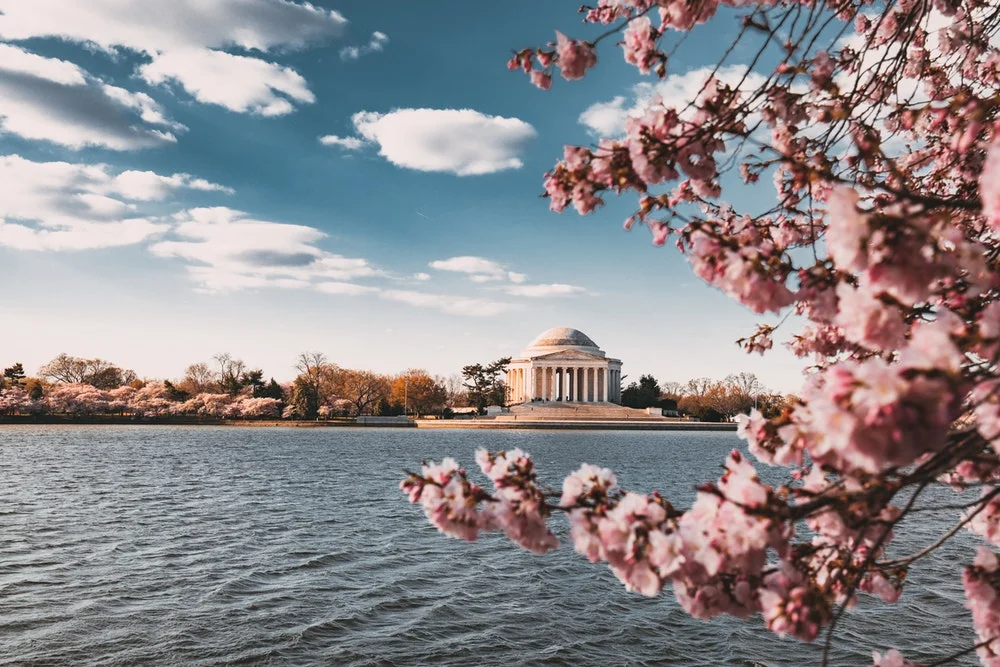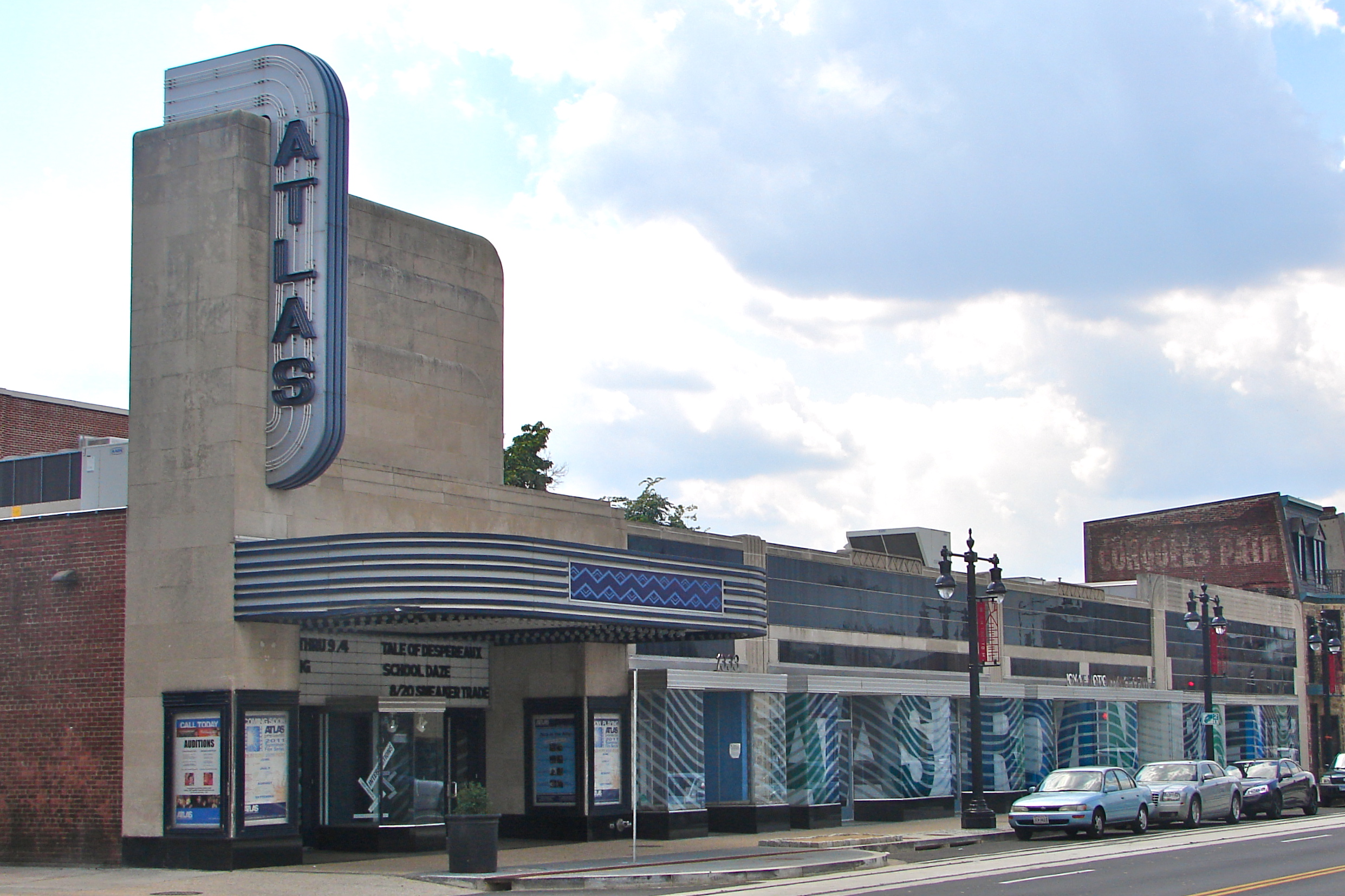Supported the Capital Area Foreclosure Network’s response to the region’s foreclosure crisis.
Launched Serving Together, a collaborative system of services for military families in Montgomery County.
Announced $1.3 million in workforce development grants, as a part of the Walmart Washington@Work Readiness Initiative to help low-income and unemployed DC residents launch careers in retail, hospitality and customer service.
Became fiscal sponsor to Raise DC, a collective impact initiative using data to improve educational outcomes for children and youth.
Began administering the City Fund, which will invest $15 million over 5 years toward a more healthy, stable, and vibrant community for all DC residents.
Set up funds, In partnership with District government, to aid victims and families affected by the Navy Yard shooting, and to address long-term gun violence and mental health issues.
Released Housing Security in the Washington Region, the first comprehensive study of housing needs, showing critical gaps in affordable housing across a range of income levels.
Launched the Connecting Youth to Opportunity Campaign in Prince George’s County, a series of convenings and reports to raise awareness of opportunity gaps and best practices in education.
Launched Sharing Prince George’s County, to galvanize private and public dollars for safety net, education, and workforce development programs for low-income residents.
Launched Back on Track Prince George’s County, to reduce recidivism among first-time, nonviolent felony drug offenders ages 18 to 26.
Started administering the Fund for Children, Youth and Families five-year grantmaking strategy to support effective organizations making the community healthy and stable.
Launched Greater Washington Works to invest $1 million over two years to support at least 250 local workers to launch living-wage careers in the IT and Healthcare sectors.
Added the Children’s Opportunity Fund as a component fund, jointly funded by the Montgomery County government and MCPS to leverage public funds to attract private investment that will improve the lives of low-income children and families.
Established the Resilience Fund in partnership with the Meyer Foundation as a response to changes in federal government policies and the resulting climate. Initial grants supported organizations addressing challenges faced by immigrants in the region. The second round of grants supported community organizations addressing increases in hate, intolerance, and incivility in the region.
Launched Voices of the Community: DC, Maryland, Virginia (VoicesDMV) a community engagement initiative in partnership with the Urban Institute. Residents participated in a survey, focus groups, and community conversations to share their stories and perceptions of the quality of life in the region. The result is a rich collection of data to inform more strategic and effective community investments.
In July 2017, the Community Foundation for the National Capital Region became the Greater Washington Community Foundation and moved its offices to 1325 G Street NW DC.
Launched Partnership to End Homelessness, led by the Greater Washington Community Foundation and the District Government’s Interagency Council on Homelessness (ICH), to bring together the public and private sectors to advance effective and innovative solutions to ensure homelessness is rare, brief, and non-recurring in DC.










![Stop%20Separating%20Families[1].jpg](https://images.squarespace-cdn.com/content/v1/58f791ec37c58188d411874a/1534336533183-1ZNNV6RMYS9C6S7APAFB/Stop%2520Separating%2520Families%5B1%5D.jpg)